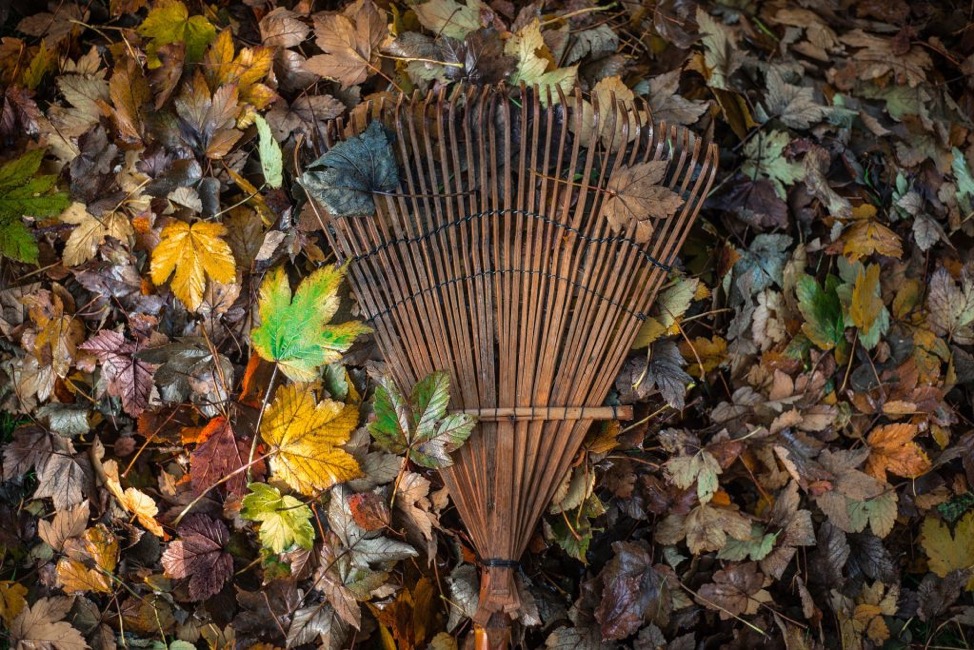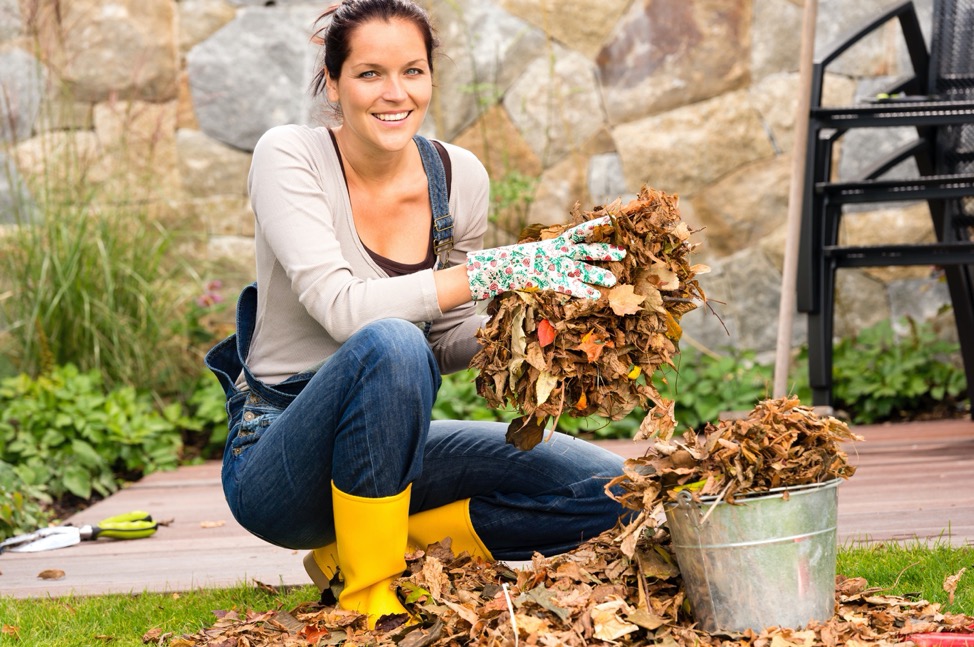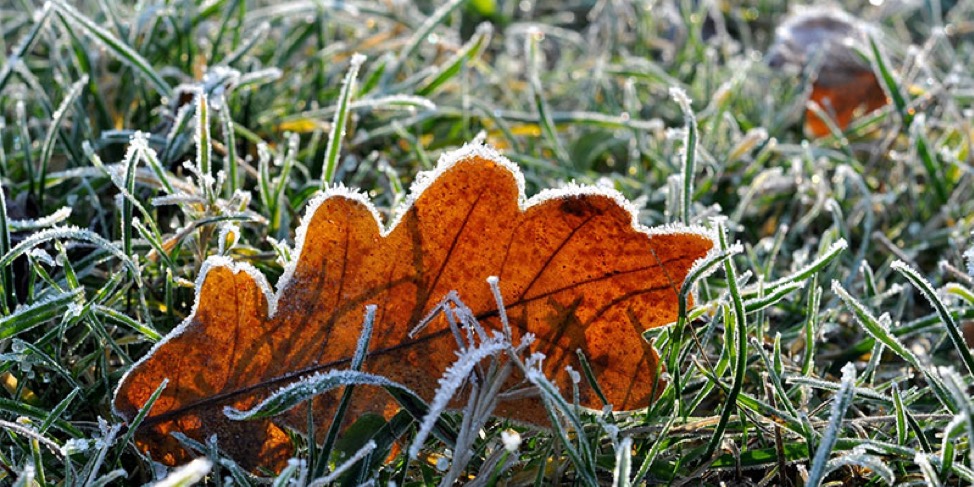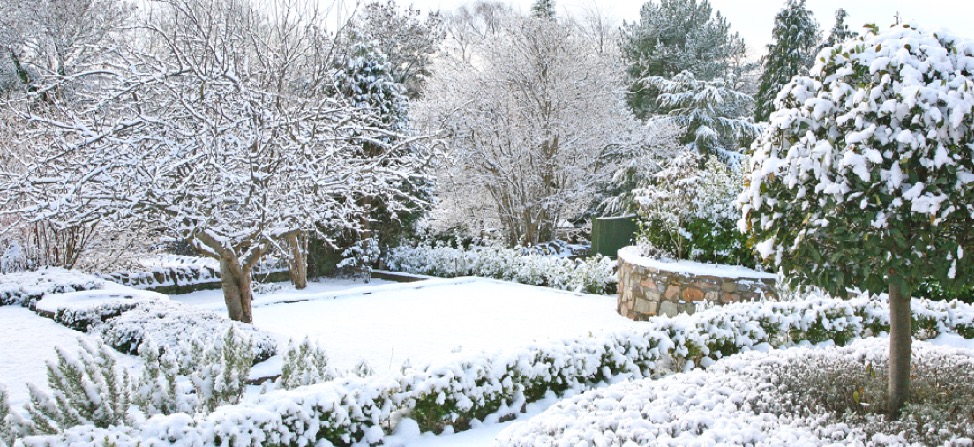Preparing Your Garden for Winter: Important Fall Gardening

If you’re an experienced gardener, you know just how important it is to prep your garden and yard for the upcoming winter months and fall gardening. But, even if you’re a first-time homeowner who hasn’t dealt with this particular responsibility so far, there’s no need to be nervous or stressed. The prep doesn’t have to be overly complicated and challenging, or take too much of your time if you know what you’re doing. In that respect, keep in mind the following tips as they will make the whole ordeal simpler and more efficient.
Get rid of rotting plants and weeds
You might be growing your own herbs and vegetables and/or you could be focused more on decorative plants instead. Whatever the case may be, it’s crucial that you go through your garden and inspect the plants thoroughly. Wherever you see a rotting plant or weeds, make sure to get rid of those. Not only are they unsightly, but they can also disturb the proper growth of your other plants. Not to mention that these tend to attract pests and insects. In the end, you can simply trash these or use them for the compost.

Prepare your soil for spring
You don’t actually have to wait for spring in order to actively prepare your garden soil. What’s more, doing so during the fall will only make the soil better. That said, this is the perfect time to add compost, manure, bone meal, and so on. Furthermore, don’t hesitate to till your soil as this will make a huge difference when it comes to extreme weather drainage. Of course, all of this might be too excessive for your particular garden but for those who care about their plant growth, it’s truly a staple practice. Also, don’t forget to cover your prepped soil with plastic sheets so that you can effectively protect it during the winter season.
Fall Gardening : Prune your trees and shrubs
Overgrowth is never a good thing, especially when it’s fall, and you have some rather luscious shrubbery and tall trees in your garden. Even perennials can benefit from pruning but before you move on to those, make it a point to properly cut branches and growth that might cause the plants to dry out during the winter, and even worse – might end up causing an accident once the ice and snow pile up. When you’re done with your trees, shrubs and maybe even living garden walls, it’s time to shift your attention to perennials. Not all perennials benefit from fall pruning. That said, focus on rosemary, thyme, sage, asparagus, blackberries, fennel, and so on.

Keep your tools sharp and in good working order
If you want to experience smooth sailing as you prepare your garden and yard for the winter months, it’s crucial that your garden tools are sharp and functional; otherwise, you’ll only have more work to stress over, not to mention that bad quality tools can often end up being dangerous. In that respect, it’s essential to keep your chainsaw is in great condition with sharp and properly fitted chainsaw chains ready for work; otherwise, the chains might get stuck if they’re too dull. Aside from chainsaw, your garden scissors, knife and even shovel, spade and rake all need to be sharpened and properly cleaned after every use. Remember that you’ll also need good-quality garden gloves. Also, once you’re done with all the prep, turn off the water for the hose and sprinklers to avoid freezing and damage.
Address the room for improvement
Those of you who have been cultivating vegetables and maybe even fruit in your garden should take the time to assess the success of the growth rate in the past season. For instance, some veggies and fruits might have been underperforming, which means that you should put some effort into trying out new varieties for your particular location. Obviously, not everything in regard to performance will be within your control, but soil fertility, moisture levels as well as the placement of the plants are, and these factors all contribute to the healthy plant growth and performance. If you want to spruce things up a bit performance-wise, now is the time to do so.

Don’t hesitate to utilize fall leaves and other debris common for this time of year to regenerate and boost the efficiency of your compost. Adding these will effectively enrich the compost, thus nourishing your soil wonderfully once the weather becomes warm again.
Once you are done with fall gardening, keep going with the winter garden decoration !






